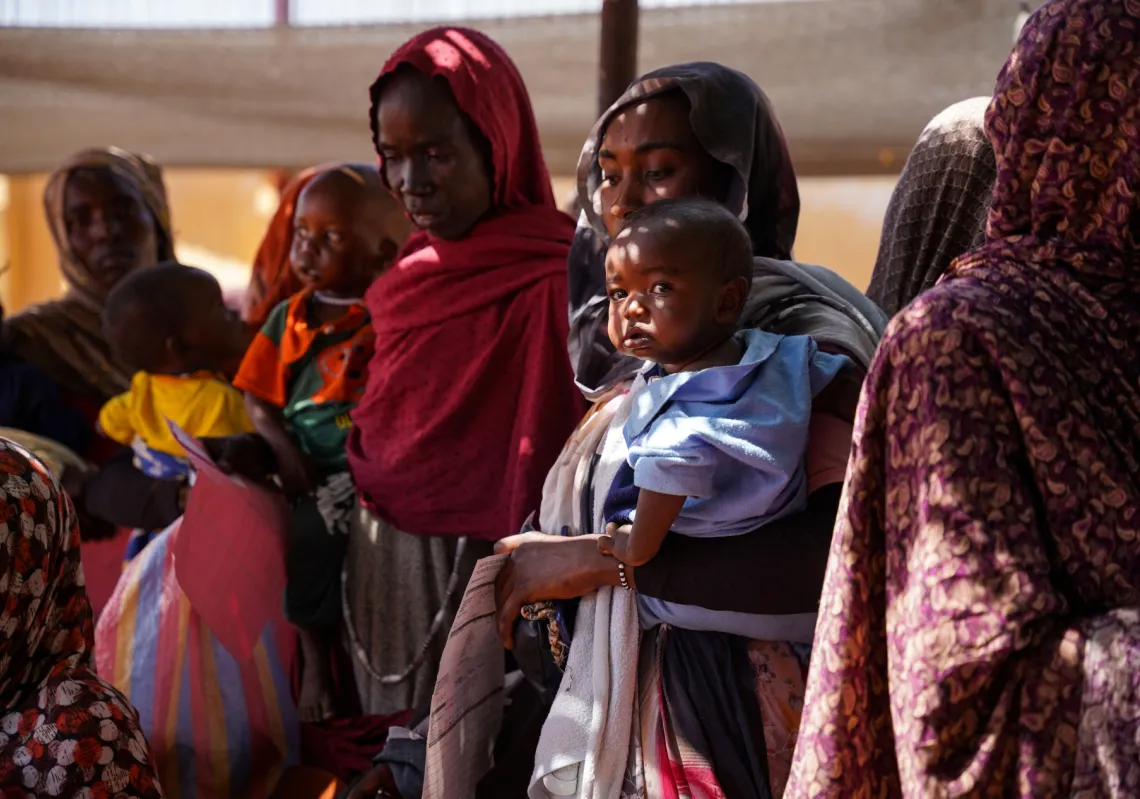The Dubai World debt rescheduling certainly provided dramatic effect for newspapers and media outlets around the world. The economist titled its article about the Abu Dhabi bailout “Dubai’s debt cliffhanger: A Second Life.” More recently, a Guardian article about the opening of the Burj Dubai skyscraper was titled “Bailed out and broke, Dubai opens the world’s tallest building” – not exactly generating the excitement that the developers had hoped for. These headlines can only spell bad news for the regional economy. Such news, despite being limited to Dubai, can scare investors away from the region. It reminds investors of market uncertainties that may be present in other economies.
The experience of Argentina leading up to and after sovereign default in 2002 provides interesting parallels to the situation in Dubai. The U.A.E. and the Gulf Cooperation Council, more generally, will face similar challenges in protecting the investment environment in domestic economies.
Argentina had undergone a number of reforms in the 1990s after successive financial crises. Leading into the crisis that preceded the default, the Argentine economy was structured around a currency peg to help control inflation. Fiscal responsibility became centrally important from an economic standpoint. Politically, a lack of monetary policy flexibility proved problematic as high levels of Argentine unemployment catalyzed unrest. These factors fostered an unsustainable investment environment.
After a political and economic roller coaster in 2001, Argentina defaulted in 2002. The ensuing negotiations amongst investors proved to be troublesome and long winded. A settlement was not reached until 2005, during which time Argentina was unable to borrow international capital. One of the major challenges was a lack of legal precedent that could provide guidance for negotiating a sovereign default.
Another challenge that flowed from the Argentine default was the impact it had on investment in Brazil. In 2002 Brazil had to negotiate a loan from the IMF when the threat of financial crisis became too great. Certainly domestic challenges were at the root of the problem, but the Argentine default brought increased attention to the shortcomings in the Brazilian economy and exacerbated the financial pressure on the domestic economy.
The Dubai World debt rescheduling and Abu Dhabi intervention proved true what many investors had believed anyways: that key investments were state driven and, in effect, ultimately collateralized by state coffers. It was a difficult decision for the Abu Dhabi government to provide financial backing to Dubai World, but it was a decision that had to be made, much like state interventions in Western banking systems. The future of the investment climate and the stability of the domestic economy depended on the rescue.
Stronger ties between the state and the market blur the boundaries and reach of fiscal policies. Investors begin to directly tie state income and policy to the creditworthiness of their investments. This is a slippery slope for economic planners who are hoping to diversify their economies.
From a legal standpoint, a lack of precedent cases in regional economies provides cause for concern. Just as a sovereign default proved problematic in the Argentine crisis, a corporate default would create a noticeable amount of investor panic in the Gulf region. Investors would closely follow such an event to understand how their assets will be handled. The Dubai World restructuring was the closest thing to a major bankruptcy that foreign investors had witnessed; the event brought new found scrutiny on legal protections in the region.
While other economies in the region may not suffer from the same challenges as those in Dubai, recent events are bringing increased scrutiny to capital market structures and transparency. Just like Brazil saw its problems accelerate in the wake of the Argentine crisis, other regional economies that have internal weaknesses will find themselves more vulnerable because of the increased scrutiny.
So far the events in Dubai have been calmed thanks to the Abu Dhabi intervention and active dialogue between investors and Dubai World. This event, though, is an opportunity for regional economic planners to internalize some of the problems experienced in other emerging market default events. In the wake of recent news, investors will begin to place greater emphasis on transparency and legal protections. Furthermore, the Dubai World intervention sets a precedent that investors are likely to expect in other regional economies. The lack of clear separation between key local firms and the state will impede long term economic development.
Rajeev Sibal - London based economist and a Global Governance 2020 Fellow







